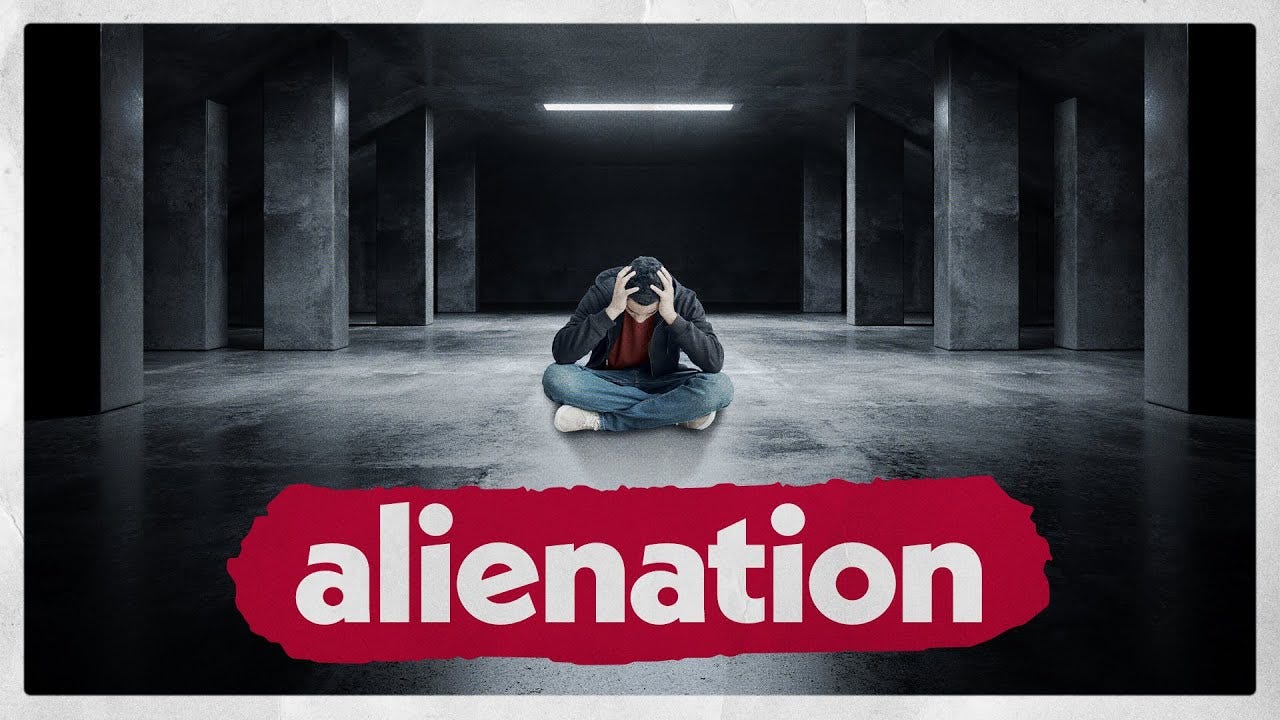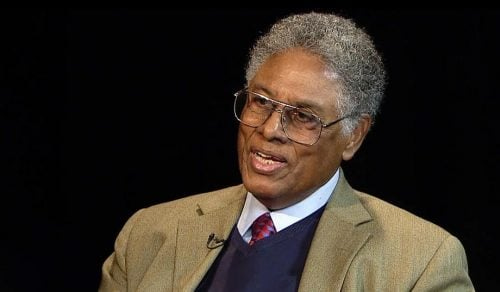Reasoning from Utopia vs. from Reality (Part 1)
The error in reasoning from theoretical moral ideals rather than first principles.
Recently I had been talking to a friend over lunch about AI and one of the things that came up was the fact that some technologies can have the effect of making us lonelier. Later in the day, I came across this video titled How capitalism causes loneliness from the channel Second Thought with 1.5 million subscribers. The title caught my eye as it seemed quite in line with what my friend and I were talking about, but I was surprised that the aim of the video and most of the channel was essentially to denounce capitalism and promote socialism.
The channel specifically describes itself as devoted to sharing the “leftist perspective.”
Last October, Greta Thunberg told an audience in London that"the whole capitalist system" should be overthrow because it is responsible for "imperialism, oppression, genocide... racist, oppressive extractionism."
Yes, capitalist countries like the United States are certainly not perfect - plenty of unfair things can and do happen in a capitalistic country. They should be changed and improved. However are those bad things an unavoidable feature of capitalism? Even then, should we expect all those problems to be solved were that country to be socialist? What are the trade-offs?
We’ll address the specific points made in the Second Thought video in this article:
1 - What is capitalism
2 - How does it dehumanize people for profit?
3 -What does it mean to be a "cog in the machine"?
4 - Is capitalism zero sum?
5 - Does work exploit you into being lonely?
…but first you might be wondering whether socialism is still an idea with any influence.
Why do young people like Socialism?
Socialism seems to have gained a lot of popularity with young people lately. According to the Guardian, 2/3rds of young Britons want to live under a socialist economic system.
According to a survey by Axios and Momentive, 61% of Americans aged between 18 and 24 had a positive reaction to the word "socialism." More recent data from 2023 showed that 54% of Gen Z hold negative views of capitalism and 41% held favorable views of socialism.
I think one reason for this is that they’re adopting Utopia First type thinking - they aren’t thinking first whether Socialism actually works, they think that it is more ‘fair” so it is the most moral.
First Principles vs. Utopia First
To go from one reality and move to a better reality, we need an effective mental framework that will get us there. I’m sure everyone is familiar with the concept of First Principles, which is essentially is where you start your reasoning based on what you know to be true in reality and then you move upwards to a lofty goal from there. On the other hand, some ‘leftist’ ideas seem to start by reasoning down from a lofty moral ideal detached from reality and worry about.
As opposed to First Principles, let’s call this type of thinking Utopia First.
Some may think ‘ending animal agriculture will save the world’ is a leftist idea, others may not but it illustrates the Utopia First type of reasoning I’m talking about. Let’s ignore my video Eating Less Meat won’t Save the Planet and assume that animal agriculture is the biggest threat to the climate so we should allocate massive resources to mitigating the emissions from animal agriculture. In any case, the current animal agriculture system could be much better and should continue to be innovated upon. However, because it’s imperfect does that mean we should completely tear it down?
Utopia First thinking: Because animal agriculture is a great evil, great good will come from totally getting rid of it. That is, the solution is to completely rebuild the food system.
First Principles thinking: While animal agriculture is imperfect, it is very effective in providing calories and nutrition to many people. Attempting to replace animal agriculture with a theoretically effective system (that lacks reality testing) will come with a considerable cost as it will inevitably disrupt the highly-complex food system that is already in place. There is already a precedent of beef production experiencing drastic increases in efficiency and in recent years beef producers have already shown that they can achieve reductions in emissions. Thus, the most practical solution is to allocate resources towards helping animal agriculture reduce its emissions rather than simply destroying it.
The thought seems to be that because something is theoretically perfect, it is worth tearing down the existing reality tested, imperfect but working system. This might sound like I’m saying “the current thing works, so don’t bother.” Of course we should improve upon existing systems, but this doesn’t mean they should be destroyed because they are imperfect. Perhaps some things are worth completely rebuilding from the ground up, whether it is in fact worth it to do so can only be determined by First Principles thinking.
“There are no solutions, only trade offs”
Keep reading with a 7-day free trial
Subscribe to Joseph Everett’s WIL Newsletter to keep reading this post and get 7 days of free access to the full post archives.









